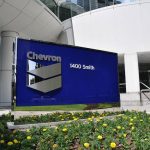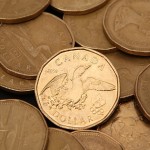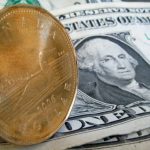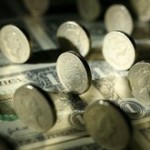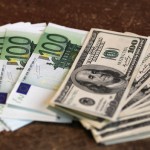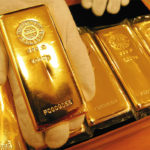Troubled Japanese electronics maker Sharp Corp lost nearly $1 billion in market value on Monday after it said it may reduce its capital and issue preferred stock as part of a restructuring plan, with investors worrying about a potential dilution and other possible fund raising in the future.
A person familiar with the matter who declined to be identified said the century-old company plans to slash its capital by more than 99% to 100 million yen from 120 billion. This would allow Sharp to wipe accumulated losses off its book and resume paying dividends, a necessary step for its main lenders, Mizuho Financial Group Inc. and Mitsubishi UFJ Financial Group Inc, to agree to a debt-for-equity swap and the issuance of new shares.
“We are currently considering various possibilities concerning our capital policy including the issuance of preferred shares and the decrease in capital, but no specific decisions are made at this time,” Sharp said in a statement in response to media speculations.
The company will present its turnaround plan on Thursday when it is expected to report a loss of more than $1.7 billion for the fiscal year ended March. It managed to generate a small profit last year, which however followed a combined loss of $8 billion the previous two fiscal years.
The restructuring plan is expected to include cutting 5 000 jobs, or 10% of Sharps workforce, splitting off the smartphone display unit and the main lenders writing off 200 billion yen of loans in exchange for shares. The company has also asked Japan Industrial Solutions, a corporate turnaround fund, to invest up to $250 million in capital.
This would be the Japanese firms second major bailout in three years, pressured by tough competition in its core liquid-crystal display business, while its appliance operations suffered from the weaker yen as the company makes most of its products abroad and sells them in Japan.
In the wake of the 2008 financial crisis, Sharp faced similar financial hurdles following aggressive investment in liquid crystal display and solar panels, products that cheaper Asian competitors can produce at lower cost. It was bailed out by its lenders as it refocused on LCD displays for mobile devices from television and solar panels.
“The company will be able to start afresh after it wipes away its cumulative losses and receives new funding, so that part may be positive going forward,” said for Reuters Takatoshi Itoshima, chief portfolio manager at Commons Asset Management.
However, the issuance of preferred stock, often coming with attached warrants that allow holders to buy new shares later at a fixed price, raised fears over the potential dilution of common shareholders equity. Also, since Japanese banks are prohibited from having a stake larger than 5% in a company, Sharp may later decide to buy back the swapped shares, or the lenders may sell them to a third party. In both cases the price would be of major concern for shareholders.
Sharp Corp settled 26.36% lower on Monday in Tokyo at 190.00 yen per share, marking a one-year decline of 26.64%. The company is valued at 438.91 billion yen based on the previous close. According to the Financial Times, the 13 analysts offering 12-month price targets for Sharp Corp have a median target of 222.00 yen, with a high estimate of 270.00 yen and a low estimate of 150.00 yen. The median estimate represents a 16.84% increase from the last price of 190.00 yen.
